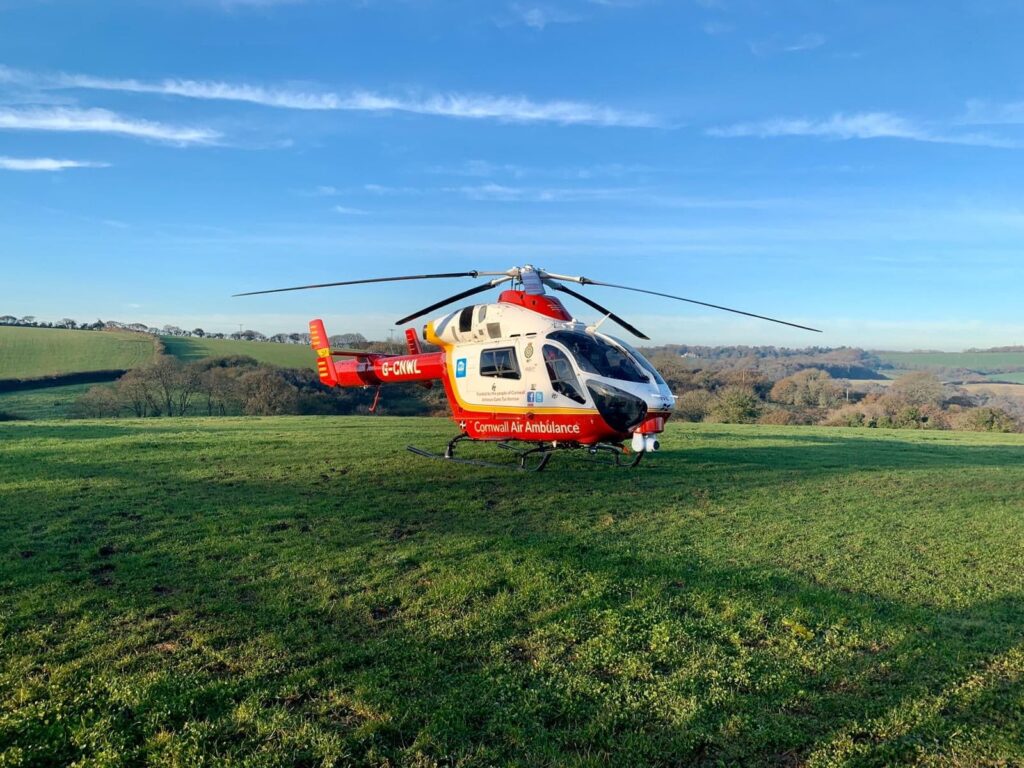Cornwall Air Ambulance tasked to 1,144 missions in 2019

SEARCH BLOG POSTS
SEARCH BY CATEGORIES
SEARCH BY MONTH
Cornwall Air Ambulance was tasked to 1,144 missions in 2019.
New data released by the charity shows that missions increased by more than 3% compared to 2018 and are up more than 30% from 2017.
The helicopter flew on 764 missions, while the other 380 were responded to in the charity’s rapid response vehicles.
The critical care team attended 594 medical incidents and 527 trauma- related incidents across Cornwall and the Isles of Scilly. The crew also flew 23 inter-hospital transfers to ensure seriously ill patients could get the treatment they needed.
As a charity, Cornwall Air Ambulance relies on public donations to fund the service each year.
Steve Garvey, Air Operations Officer at Cornwall Air Ambulance, said: “We have seen our missions increase quite dramatically in the last couple of years. As a result, we have expanded our clinical team and are in the process of reviewing our operational flying hours to meet the demand for the service.
“With the help of our supporters across Cornwall we will continue to develop our service in 2020 to give the best critical care we can to our patients.”
In 2019, the crew were tasked to 172 road traffic collisions across the county. Harry Maywood was one of those patients helped by the air ambulance crew following a serious collision near Pelynt on 5 September.
The teenager suffered a life-threatening head injury in the incident on the B3359. He was treated by critical care paramedics on scene and transferred to Derriford Hospital, where he spent more than eight weeks.
Bryan Maywood, Harry’s father, said doctors have been amazed by his recovery.
“We just had to take each day at a time. We are so grateful to have Harry here.”
Bryan is one of the organisers of the Looe 10 Miler race, which takes place in February and will raise money for the air ambulance.
He added: “When I had meetings with the charity about the run and we came in to present a cheque last year- we never thought just six months later we would benefit from the service. No one knows when they might need it, that is why it’s so important that we support it. It really does save lives.”